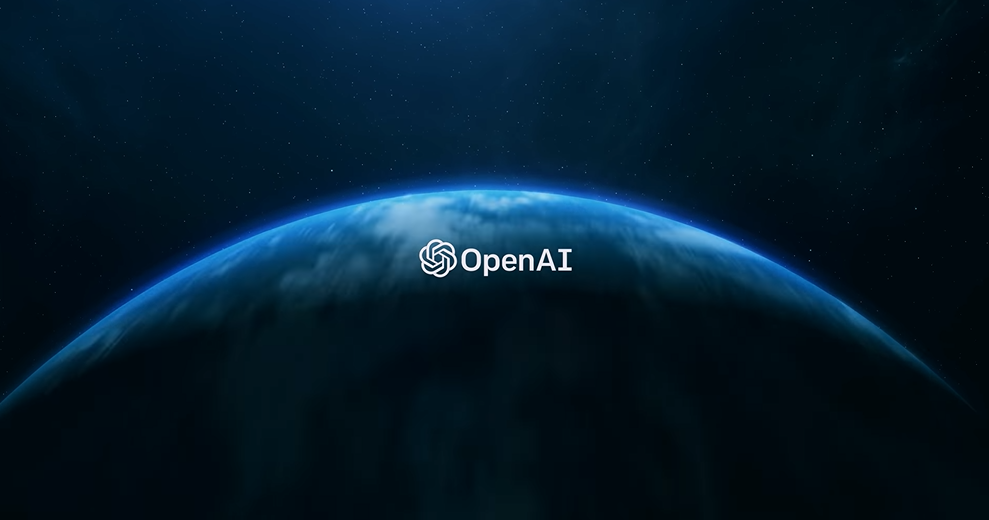 AI
AI
 AI
AI
 AI
AI
Updated:
Confirming recent reports, OpenAI today announced that it has raised $6.6 billion from investors to support its artificial intelligence research.
The raise, the largest venture capital funding round on record, values the ChatGPT developer at $157 billion. That’s nearly double what it was worth following a tender offer earlier this year.
Thrive Capital led the investment with a contribution that the Financial Times put at $1.6 billion. Most of that sum, $750 million, reportedly came from the venture capital firm’s own funds while the rest was provided by its partners. Thrive Capital has the option to invest an additional $1 billion at a $150 billion valuation before the end of next year.
The venture capital firm was joined by more than a half-dozen other investors. The group included Microsoft Corp., Nvidia Corp., SoftBank Group Corp., Khosla Ventures, Altimeter Capital, Fidelity, Tiger Global and MGX. SoftBank and Khosla reportedly contributed $500 million each.
Update: OpenAI also bagged a $4 billion line of credit from JPMorgan Chase, CitiGroup, Goldman Sachs, Morgan Stanley, Santander, Wells Fargo, SMBC, UBS and HSBC, according to CNBC Thursday.
The funding round is believed to be tied to an upcoming refresh of OpenAI’s organizational structure.
Currently, OpenAI operates as a nonprofit with a for-profit arm that leads its product engineering efforts. The ChatGPT developer reportedly plans to incorporate the for-profit arm as a benefit corporation and remove caps on investors’ returns. According to Axios, the participants in OpenAI’s latest funding round can ask for their money back if the reorganization is not completed within two years.
The investment is said to include other unusual terms as well. Notably, OpenAI has reportedly asked the participants not to back competitors. That could complicate the fundraising efforts of rival Anthropic PBC, which is reportedly seeking to raise fresh capital at a valuation of up to $40 billion.
That OpenAI’s funding round doubled its valuation reflects the rapidly growing demand for its AI services. According to internal estimates obtained by the New York Times, those services are on track to generate $3.7 billion in revenue this year and $11.6 billion during 2025.
CNBC, meanwhile, reported today that OpenAI has more than 250 million weekly users. About 11 million of those users have subscriptions to ChatGPT Plus, a paid version of the AI provider’s chatbot with higher usage limits. Additionally, 1 million organizations have signed up for the business editions of ChatGPT.
OpenAI is spending heavily to maintain its growth: CNBC’s sources said that the AI provider is poised to lose $5 billion this year. With $6.6 billion in additional capital on its books, OpenAI can continue prioritizing growth over profitability for the foreseeable future. The investment will also make it easier for the company to shoulder the steep costs of training large language models.
“The new funding will allow us to double down on our leadership in frontier AI research, increase compute capacity, and continue building tools that help people solve hard problems,” OpenAI stated in a brief blog post today.
Recent reports suggest that the company’s development roadmap might not be limited to AI software alone. In July, The Information reported that OpenAI has discussed the possibility of teaming up with a chipmaker to design a custom machine learning accelerator. It’s unclear whether the ChatGPT developer would only use the processor to power its AI models or might also sell it to other companies.
Support our mission to keep content open and free by engaging with theCUBE community. Join theCUBE’s Alumni Trust Network, where technology leaders connect, share intelligence and create opportunities.
Founded by tech visionaries John Furrier and Dave Vellante, SiliconANGLE Media has built a dynamic ecosystem of industry-leading digital media brands that reach 15+ million elite tech professionals. Our new proprietary theCUBE AI Video Cloud is breaking ground in audience interaction, leveraging theCUBEai.com neural network to help technology companies make data-driven decisions and stay at the forefront of industry conversations.